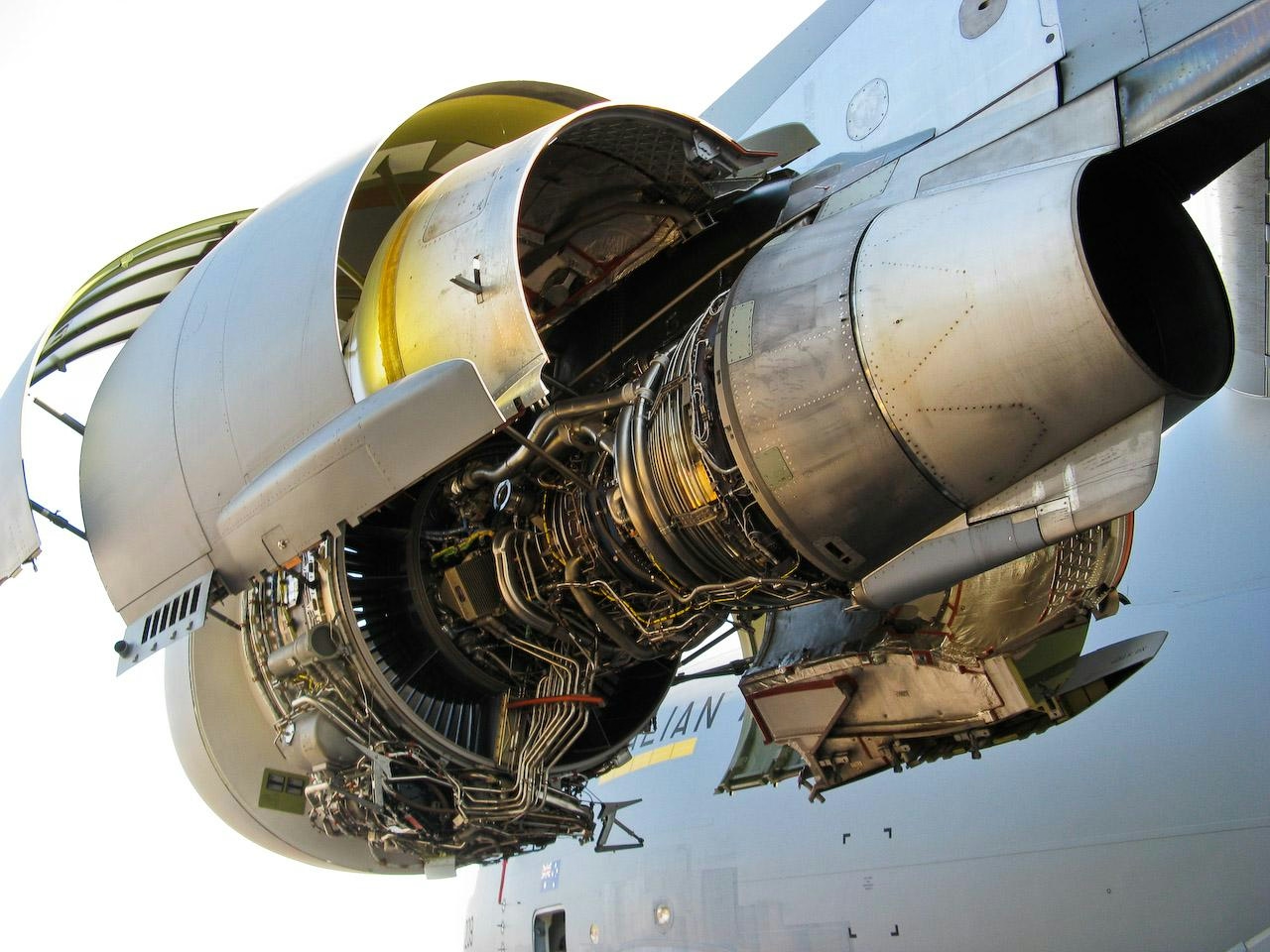
AeroGenie — Uw intelligente copiloot.
Trending
Categories
Air Canada Acquires Additional Airbus A320s from Another Airline
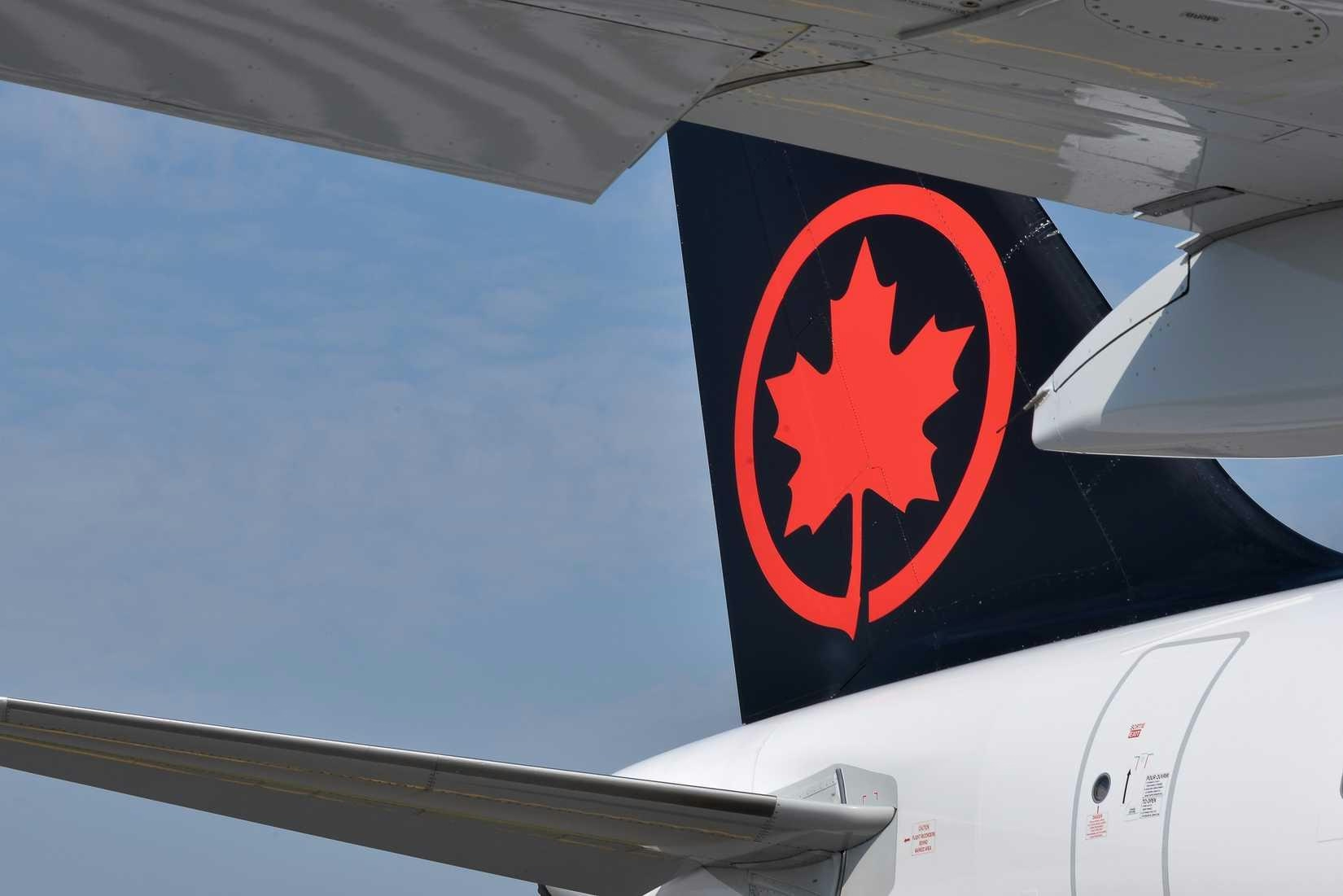
Air Canada Expands Fleet with Second-Hand Airbus A320s Amid Market Shifts
Air Canada has quietly augmented its narrowbody fleet by acquiring several Airbus A320 aircraft previously operated by Alaska Airlines. This strategic move addresses immediate capacity requirements while the airline awaits the delivery of new aircraft. The acquisition underscores Air Canada’s adaptability in a post-pandemic aviation environment that continues to stabilize and highlights a growing trend of aircraft recycling within major airline alliances and codeshare networks.
Strategic Acquisition and Fleet Integration
Instead of leasing new jets at premium rates, Air Canada opted for well-maintained Airbus A320-200s equipped with CFM56-5B engines, consistent with the majority of its existing narrowbody Airbus fleet. This choice facilitates streamlined maintenance and pilot training, enabling rapid integration with minimal operational disruption. The opportunity arose as Alaska Airlines retired its A320 fleet in 2023, completing its transition to an all-Boeing narrowbody lineup. Air Canada acquired four aircraft—registered C-FCQD, C-FCQX, C-FCYX, and C-FCZF—built between 2001 and 2002. According to Planespotters.net, these jets were transferred throughout 2024, with the first arriving in the first quarter and the last joining in the third quarter.
Operationally, these mid-life A320s enhance Air Canada’s capacity to meet rising domestic and transborder demand, particularly as older A319s are phased out and the A220 fleet has yet to reach full scale. The aircraft are now deployed on high-frequency routes from Toronto, Montréal, Calgary, and Vancouver, where reliability and quick turnarounds are critical. The commonality of the fleet reduces integration costs, as the new aircraft share cockpit configurations and spare parts compatibility with Air Canada’s existing Airbus narrowbody planes.
Challenges and Market Implications
Despite the benefits, the acquisition presents challenges, including navigating regulatory approvals and managing potential operational integration issues. While purchasing used aircraft is generally cost-effective, it still requires careful financial oversight. The move has attracted attention from competitors and industry analysts, who are evaluating Air Canada’s strategic rationale. Rival carriers such as WestJet and Delta Airlines may respond by adjusting their own fleet compositions or pricing strategies to maintain competitiveness.
The broader market context is also evolving, with other airlines like Animawings and Sunrise Airways expanding their fleets. This increased competition could influence market dynamics and place additional pressure on Air Canada to optimize its operations.
Air Canada’s decision to acquire second-hand A320s reflects a pragmatic balance between cost, capacity, and operational flexibility. As the airline awaits new Airbus A321XLR deliveries, these additions ensure continued route coverage and crew efficiency, positioning Air Canada to remain resilient amid a rapidly changing industry landscape.
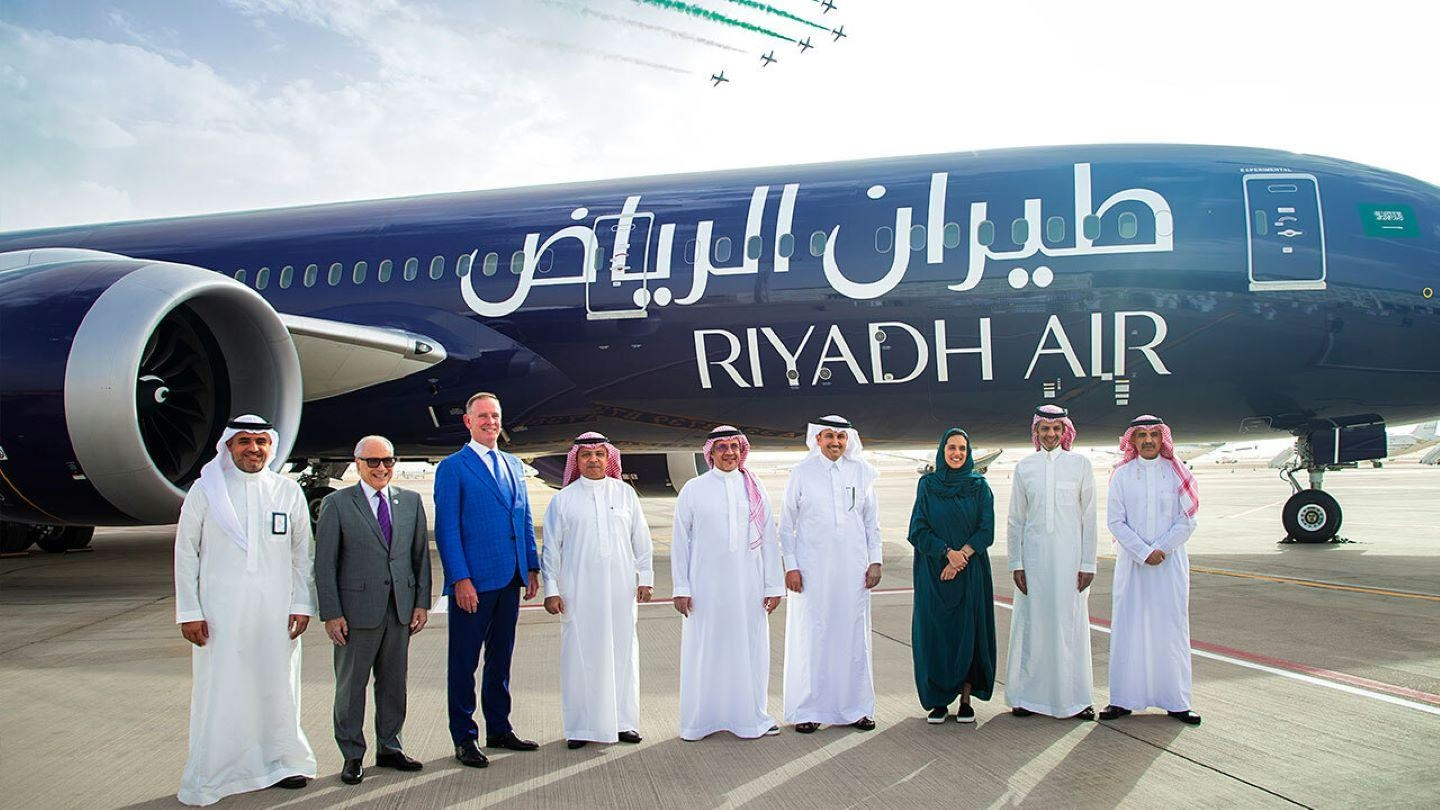
Riyadh Air and IBM Collaborate to Launch AI-Native Airline
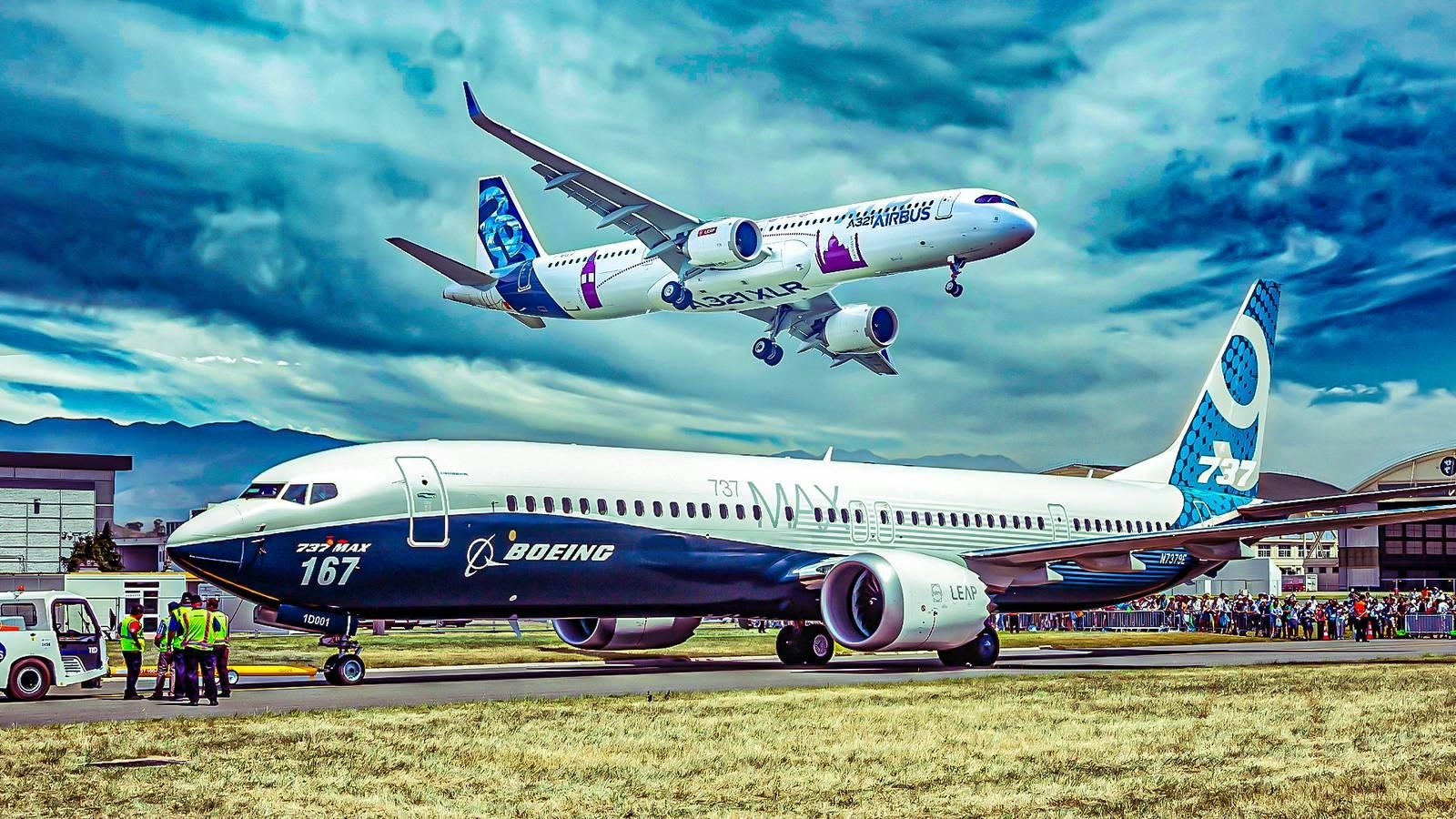
Range Comparison Between Airbus A321XLR and Boeing 737 MAX
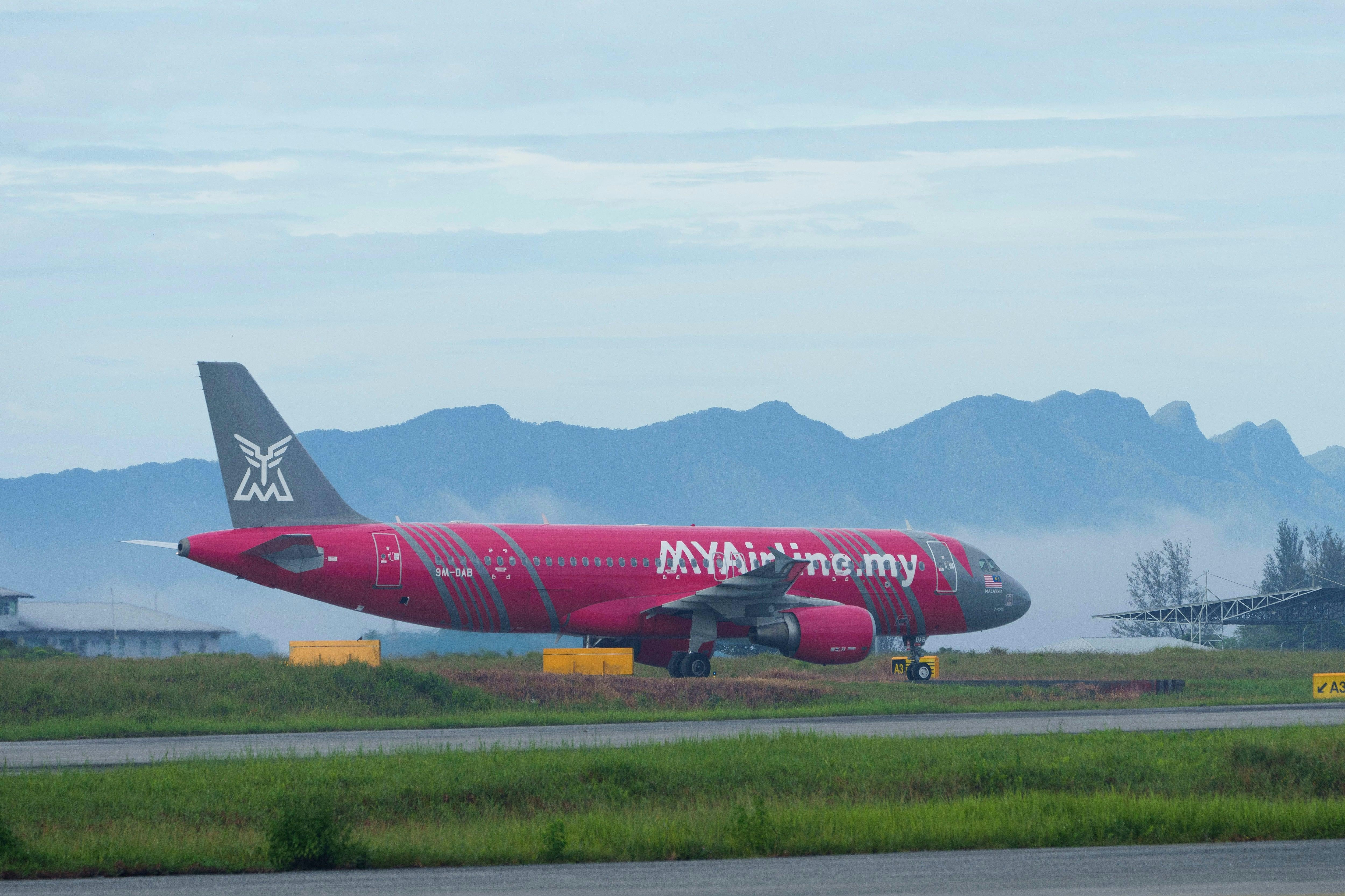
Malaysia Aviation Group Expands Fleet with New Deliveries and Pending Order

More Than 75% of Planes Operating in Nigeria Are Wet-Leased
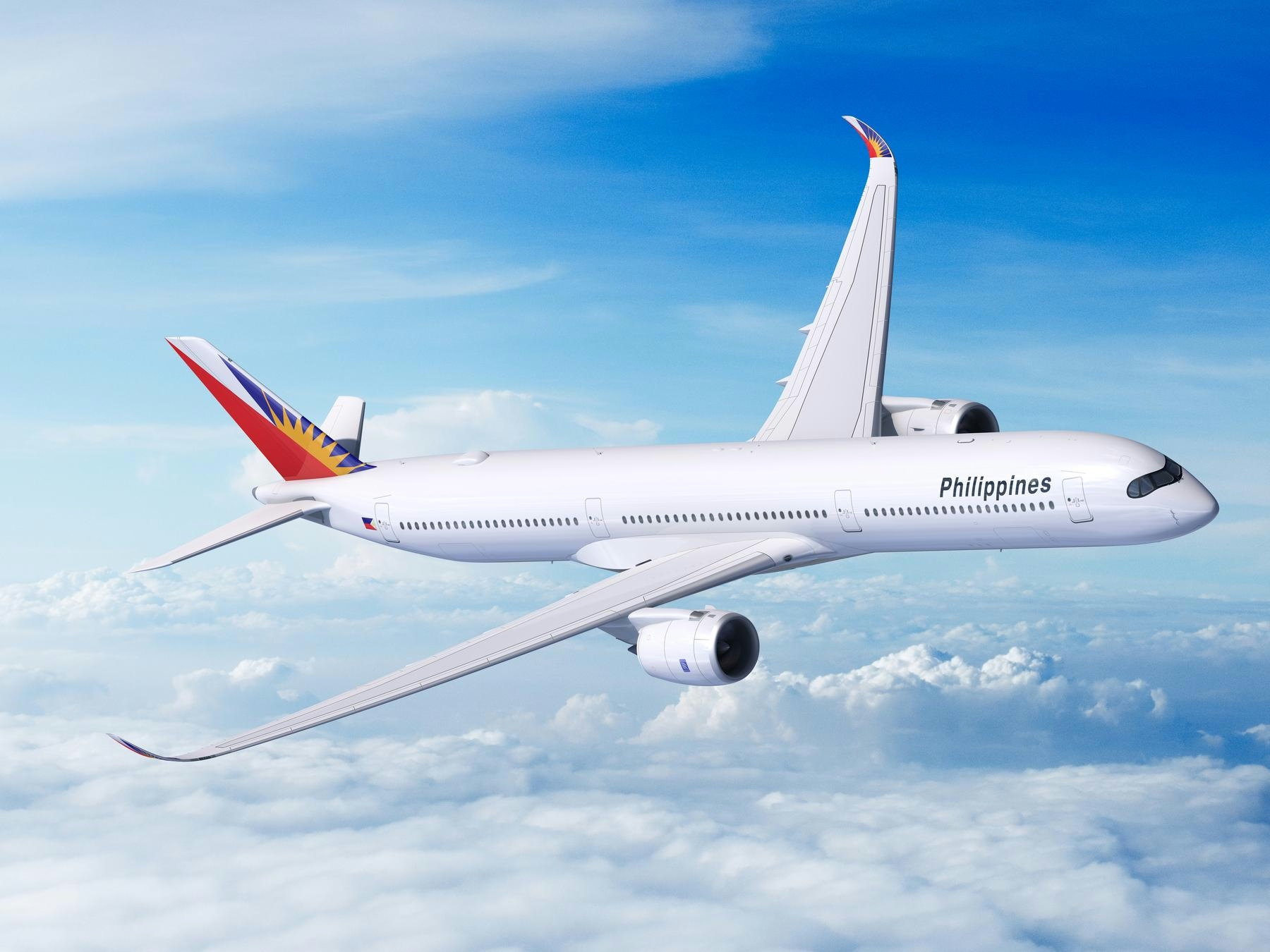
BOC Aviation to Lease Two Airbus A350-1000s to Philippine Airlines

How Many Boeing 777X Prototypes Were Built?
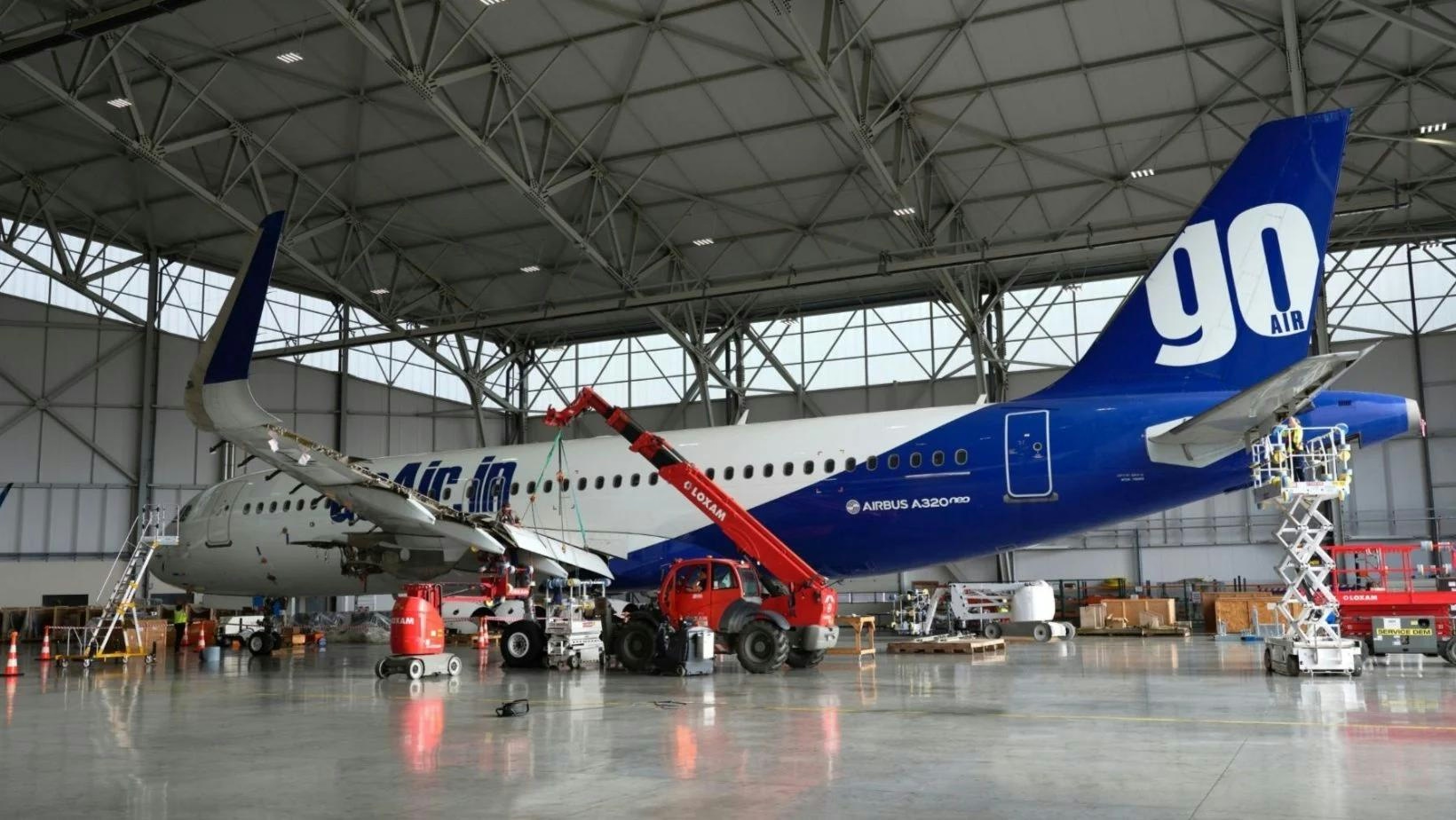
AerFin Announces Availability of A320neo Inventory

Petrobras Delivers First Sustainable Aviation Fuel Produced in Brazil
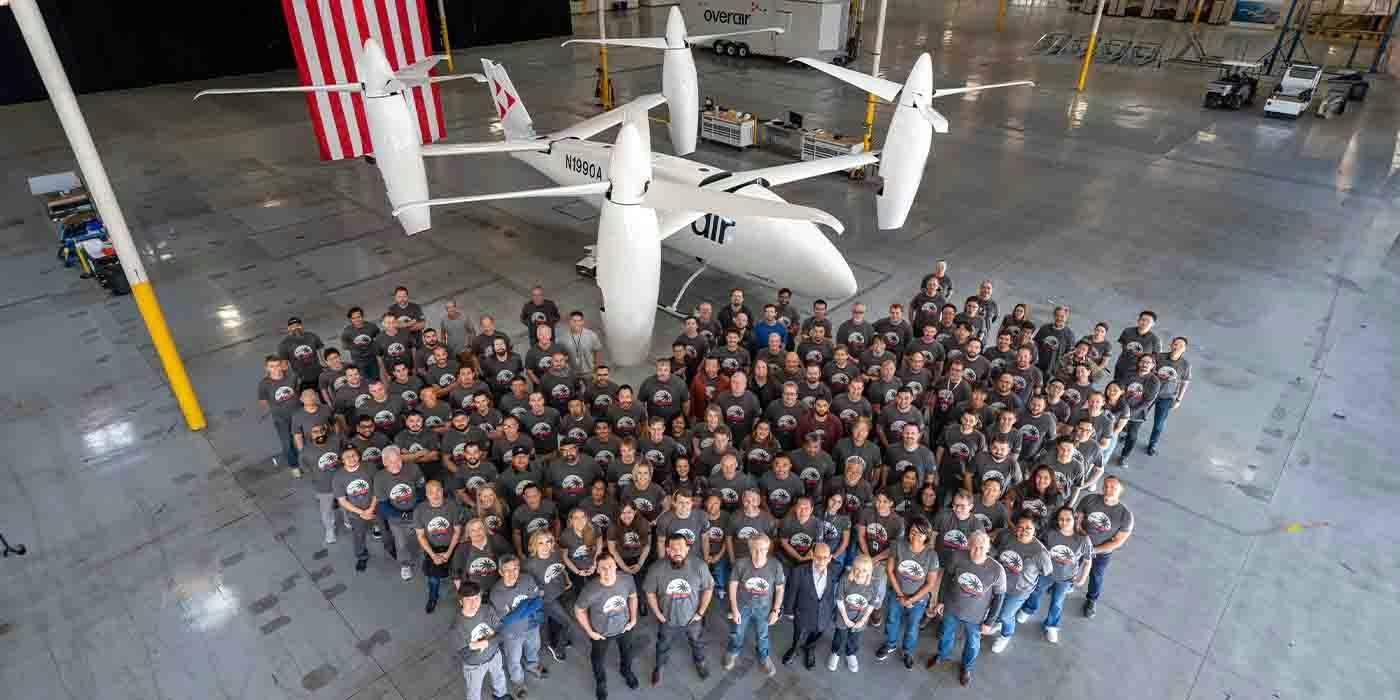
Unique mixed-propulsion eVTOL completes transition flight testing
